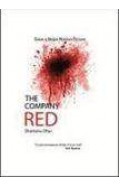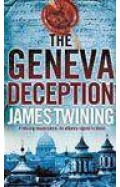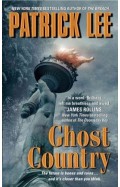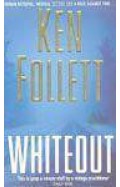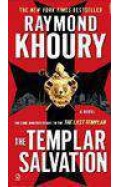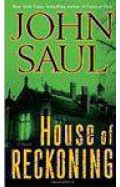- Home
- Books
- Categories
- Non Fiction
- Art. Design and Architecture
- Guastavino Vaulting - The Art of Structural Tile
Guastavino Vaulting - The Art of Structural Tile
By: John Ochsendorf
-
Rs 5,945.75
- Rs 6,995.00
- 15%
You save Rs 1,049.25.
Due to constant currency fluctuation, prices are subject to change with or without notice.
Guastavino Vaulting - The Art of Structural Tile
By: John Ochsendorf
Rs 5,945.75 Rs 6,995.00 Ex Tax :Rs 5,945.75
Zubin Mehta: A Musical Journey (An Authorized Biography)
By: VOID - Bakhtiar K. Dadabhoy
Rs 892.50 Rs 1,050.00 Ex Tax :Rs 892.50
Advanced Building Technologies for Sustainability (Wiley Series in Sustainable Design) - [HB]
By: Asif Syed
Rs 7,997.50 Rs 15,995.00 Ex Tax :Rs 7,997.50
Residential Architecture For Senior Citizens (Architecture In Focus) - [HB]
By: Chris van Uffelen
Rs 5,605.75 Rs 6,595.00 Ex Tax :Rs 5,605.75
Advanced Building Technologies for Sustainability (Wiley Series in Sustainable Design) - [HB]
By: Asif Syed
Rs 7,997.50 Rs 15,995.00 Ex Tax :Rs 7,997.50
Residential Architecture For Senior Citizens (Architecture In Focus) - [HB]
By: Chris van Uffelen
Rs 5,605.75 Rs 6,595.00 Ex Tax :Rs 5,605.75
The End of Men: The pulse-pounding debut thriller that everyone is talking about
By: Christina Sweeney Baird
Rs 1,100.75 Rs 1,295.00 Ex Tax :Rs 1,100.75
I AM A FOOTBALLER - LADYBIRD READ IT YOURSELF - LEVEL 2 BOOK, NEW
By: Ladybird
Rs 947.50 Rs 1,895.00 Ex Tax :Rs 947.50
PARAMOUNT LITTLE HAND’S BOARD BOOK ALPHABET ABC
By: SHAMA ZAIN
Rs 224.10 Rs 249.00 Ex Tax :Rs 224.10
The Vortex: A True Story of History's Deadliest Storm, an Unspeakable War, and Liberation
By: Scott Carney
Rs 3,821.25 Rs 5,095.00 Ex Tax :Rs 3,821.25
Happiness in a Mug Cake - 30 Microwave Cakes to Make in 5 Minutes
By: Katie Calder
Rs 3,650.75 Rs 4,295.00 Ex Tax :Rs 3,650.75
Minecraft: the Crash - An Official Minecraft Novel
By: Tracey Baptiste
Rs 2,065.50 Rs 2,295.00 Ex Tax :Rs 2,065.50
Zubin Mehta: A Musical Journey (An Authorized Biography)
By: VOID - Bakhtiar K. Dadabhoy
Rs 892.50 Rs 1,050.00 Ex Tax :Rs 892.50
Guastavino Vaulting - The Art of Structural Tile
By: John Ochsendorf
Rs 5,945.75 Rs 6,995.00 Ex Tax :Rs 5,945.75
Advanced Building Technologies for Sustainability (Wiley Series in Sustainable Design) - [HB]
By: Asif Syed
Rs 7,997.50 Rs 15,995.00 Ex Tax :Rs 7,997.50
Residential Architecture For Senior Citizens (Architecture In Focus) - [HB]
By: Chris van Uffelen
Rs 5,605.75 Rs 6,595.00 Ex Tax :Rs 5,605.75












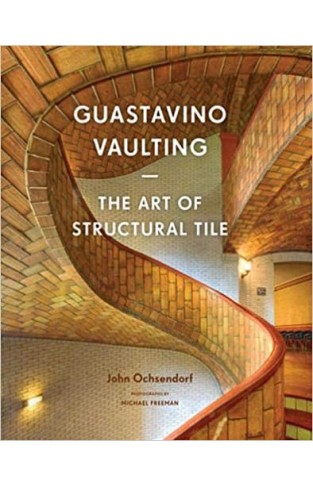
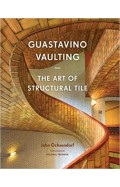
-120x187.jpg?q6)





![Advanced Building Technologies for Sustainability (Wiley Series in Sustainable Design) - [HB]](https://www.libertybooks.com/image/cache/02 HAMZA/1-100/Advanced-Building-Technologies-for-Sustainability-(Wiley-Series-in-Sustainable-Design)-[HB]-120x187.jpg?q6)
![Residential Architecture For Senior Citizens (Architecture In Focus) - [HB]](https://www.libertybooks.com/image/cache/01 ZEESHAN/Residential-Architecture-For-Senior-Citizens-(Architecture-In-Focus)-[HB]-120x187.jpg?q6)
